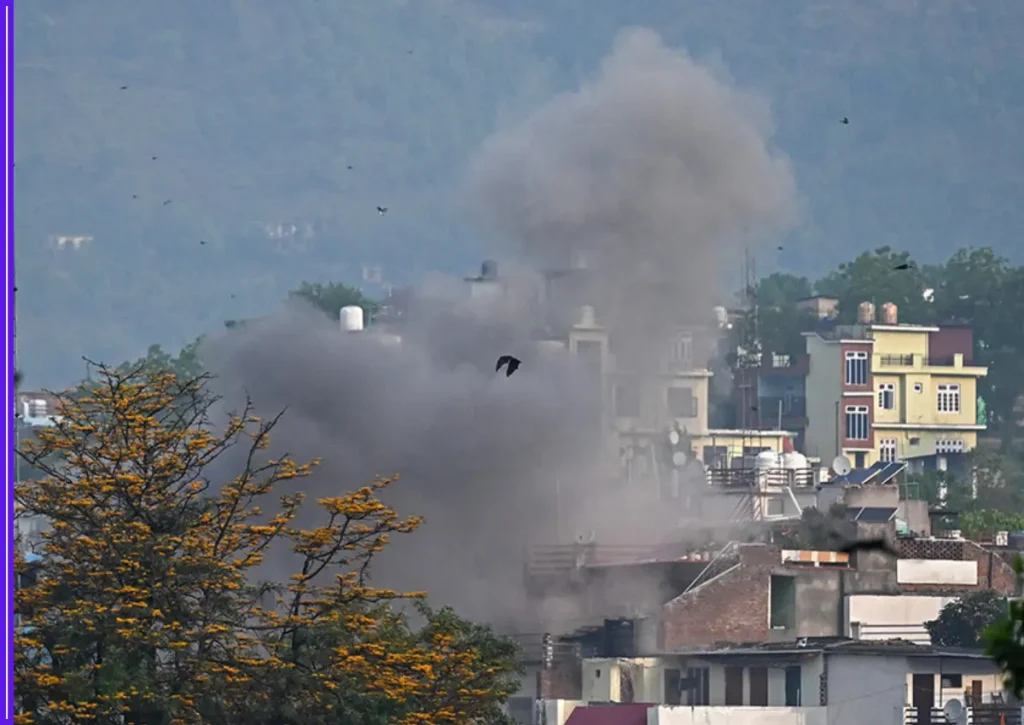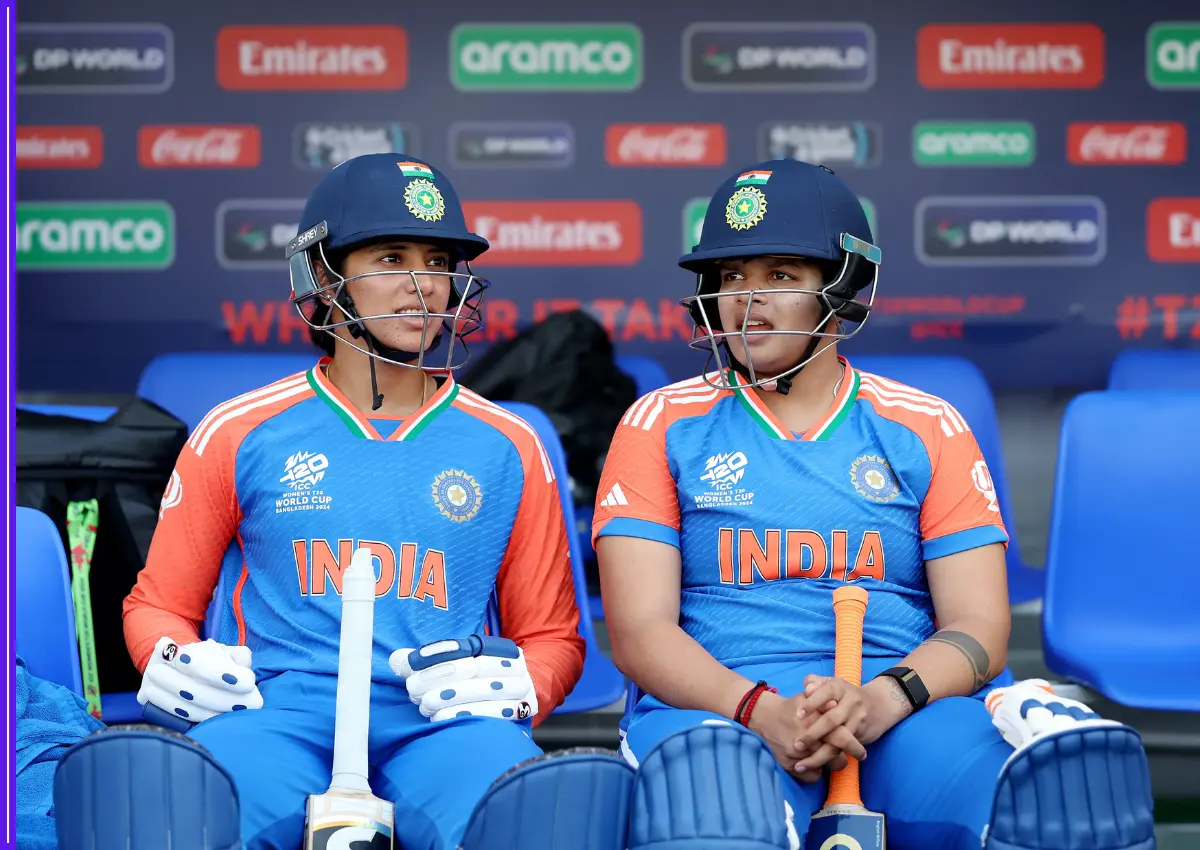May 7, 2025 | Srinagar/New Delhi — In a dramatic escalation of tensions along the Line of Control (LoC), Pakistan launched heavy mortar shelling targeting civilian and military positions in Jammu and Kashmir on Wednesday, just hours after India carried out a precision military operation dubbed “Operation Sindoor.”
The Indian Armed Forces struck nine identified terror launchpads and infrastructure facilities situated in Pakistan and Pakistan-occupied Kashmir (PoK) in the early hours of May 7. The strikes were a direct response to the April 22 Pahalgam terror attack, in which 26 people lost their lives, including seven Indian Army soldiers, five J&K police personnel, and 14 civilians, making it one of the deadliest attacks in the region in recent years.

According to top military sources, at least 12 terrorists were neutralized in the cross-border operation, and intelligence inputs suggest that several others may have sustained serious injuries. The targets included safe houses, ammunition dumps, and communication hubs used by terror outfits like Lashkar-e-Taiba (LeT) and Jaish-e-Mohammed (JeM), which Indian authorities allege operate with support from elements within Pakistan’s military establishment.
Pakistan’s Response
In swift retaliation, Pakistani troops began indiscriminate mortar shelling and small-arms fire across multiple sectors along the LoC, including Poonch, Rajouri, Uri, and Kupwara. The shelling started around 7:45 AM and continued into the afternoon, prompting evacuations in several forward villages.
Local residents reported damage to homes, livestock casualties, and disruption to daily life. Four civilians, including two children, were reported injured in the Mendhar sector. The Indian Army has been responding with “pinpointed retaliation” to suppress Pakistani firing.
An official statement from Pakistan’s Inter-Services Public Relations (ISPR) condemned India’s operation, calling it an “unprovoked aggression,” and claimed civilian casualties on their side. However, India’s Ministry of External Affairs has reiterated that the operation targeted only terror infrastructure and was carried out based on credible intelligence.
Political and Diplomatic Fallout
Indian Defence Minister Rajnath Singh hailed the operation as a “decisive strike against terror,” stating, “This sends a clear message that India will not remain a silent spectator when innocent lives are lost to cross-border terrorism.”
Opposition parties largely supported the military action, though some have called for transparency and a full briefing in Parliament.
Meanwhile, diplomatic backchannels have become tense. Pakistan has reportedly sought international intervention, appealing to the United Nations and the Organisation of Islamic Cooperation (OIC) to condemn India’s actions. However, India’s allies, including the U.S. and France, have emphasized the importance of “dismantling terror sanctuaries” and urged restraint from both sides.
Security Tightened Across J&K
Security has been heightened across Jammu and Kashmir, especially in sensitive areas like Anantnag, Baramulla, and Srinagar. Additional troops have been deployed, and drone surveillance has been intensified to monitor infiltration attempts. Mobile internet services were briefly suspended in some border districts to prevent the spread of misinformation.
Schools in border villages have been shut for the next 72 hours, and bunkers are being opened for civilian use in areas within shelling range.
What’s Next?
Analysts fear this could mark the beginning of a prolonged exchange of fire or even a wider conflict, especially with summer infiltration routes expected to open in the coming weeks. The Indian Army has stated that it will continue to maintain a “proactive and calibrated posture” to prevent any retaliatory attacks or infiltrations.
Historical Context
This marks one of the most significant Indian military actions in the region since the Balakot air strikes in 2019 and the surgical strikes in 2016, both of which were similarly conducted in retaliation for terror attacks originating from Pakistan.
As tensions simmer, both nations remain under the watchful eye of the international community, which has repeatedly urged both sides to resolve differences through dialogue and avoid escalation.





